This is a review of Unholy Charade
Unholy Charade: Unmasking the Domestic Abuser in the Church by Jeff Crippen and Rebecca Davis is one of those excellent books every deacon, elder, and pastor should read. Why? Because it digs deep into the secret world of domestic abuse and violence in affected Christian homes.
Having counseled Christian couples where one spouse is verbally, emotionally, and/or physically abusing the other, this domestic abuse and violence was no surprise. However, the authors do an excellent job at defining and describing what this abuse is all about. They explore some reasons why it happens, discuss common behaviors and techniques among abusers, why it is hard to observe from the outside, and how to provide tangible help for the spouse (usually the wife).
The traditional response conservative churches take is to discount or disbelieve the person who claims to be abused. The writers address several reasons for this but this practice needs to stop. Rather than shifting blame to the abused who wants free of this prison, church leadership needs to take the accusations seriously. The need to make sure the wife and children are safe and provided for before doing anything else.
How can they discern who is telling the truth? How can they know what to do and what not to do? This book gives that kind of advice. I give this book five stars. It is a must read for church leaders.
The books’ description on Amazon.com says,
Could it be that the one who is smiling at you as he hands you the offering plate is abusing his wife at home? What if your Sunday school teacher, who knows so much about the Bible, is abusing his family behind closed doors? Is it possible that one of the elders or even the pastor of your church is practicing an unholy charade? If the spouse of one of these abusers were to come to you for help, would you even be able to recognize the signs? How will you understand the dynamics of this deceiving evil?
Pastor and author Jeff Crippen presents Christ's body with a work steeped in Scripture that lays before us a map of the abusive mind, the tactics of abuse, the effects abuse has on its victims, and the tragic way our churches have failed the victims of this sin. He issues a clarion call for those who love Christ to answer the call to love the oppressed and speak for the victims, as Proverbs 31:9 says: "Open your mouth, judge righteously, defend the rights of the poor and needy."
Together we can root out the wolves in the midst of the flock and unmask the domestic abuser in the church hiding in our pews.
Below are some excerpts:
The abuser, who in reality is characterized by selfishness, manipulation, and irresponsibility, often presents to the church as a model Christian and a good husband.(Kindle Location 21)
…here is the definition of abuse that we offer at our blog, A Cry for Justice: Abuse is a mentality of entitlement and superiority that evidences itself in the various tactics the abuser uses to obtain and enforce unjustified power and control over another person. The abuser thinks that he is absolutely justified in using these tactics to maintain this power and control. Abuse is effected in many ways: both physical (including sexual) and non-physical (verbal and emotional). It can be active (physically or verbally) or passive (not speaking, not acting). (KL 28)
One important truth we will all do well to remember, though, is that good people do not pretend to be bad, but bad people very often pretend to be good. When a person displays different personalities, remember that the evil one is the real person. (KL 23)
Consider some of the strongholds in the abuser’s mind: He holds a sense of tremendous entitlement. He believes he deserves to be served, and his victims are here on this earth for his pleasure. (KL 27)
He lacks shame. He has no sense of wrongdoing (though he can display false repentance convincingly when it suits his purposes). (KL 28)
When innocent victims are being told that they must remain with their abuser and suffer his evil no matter what, Christians are doing what Jesus forbids: withholding mercy and condemning the guiltless. (KL 131)

